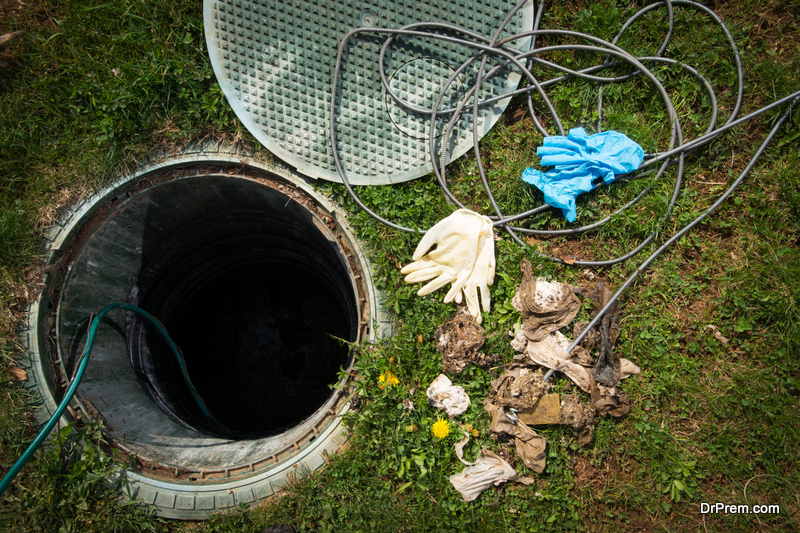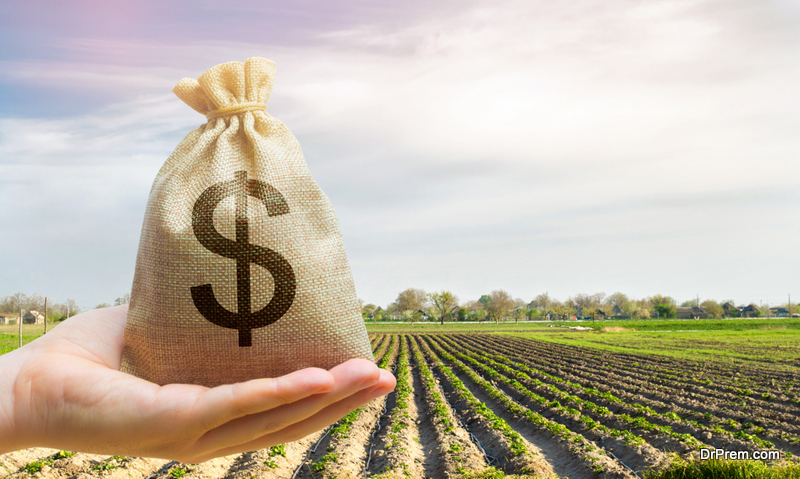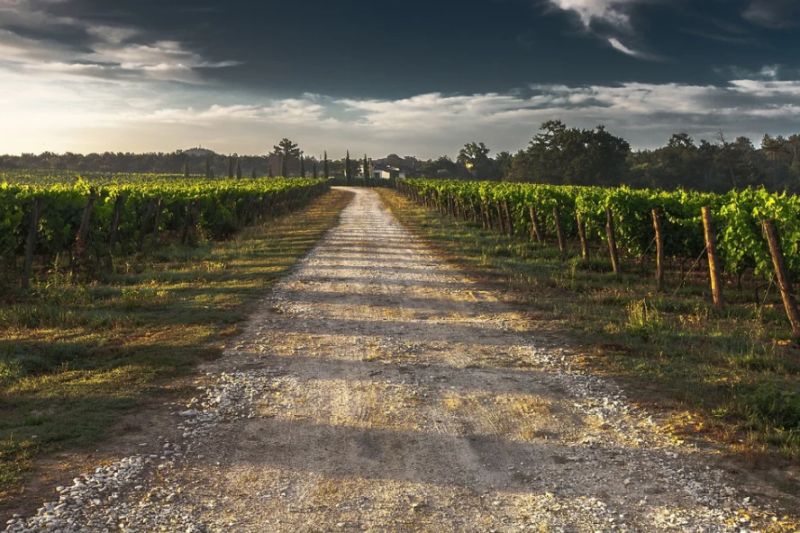Country living is something most of us dream about on a regular basis. The quiet, the peace, the beautiful views of nature, it all sounds like a dream. While it’s true that owning a rural property is a dream come true for many people, it does come with its own set of challenges and factors to take into consideration. Before you take the plunge and purchase your own rural slice of heaven, make sure that you check out these top tips on what rural homeowners should look out for.
1. Get the Help of a Buyer’s Agent Who Specializes in Rural Properties
 There are a lot of factors to consider when purchasing a rural property or farm. Hiring a reputable buyer’s agent who has a deep understanding of farmland, well water, soil, and other key factors will make the process a lot easier. If it’s your first time buying a rural property, you’ll be surprised at how much there is to take into account. A buyer’s agent will help you with issues like water rights (essential if you plan to use your property for farming), and zoning (if you will have horses or livestock on your land, then the property must be in the correct zone).
There are a lot of factors to consider when purchasing a rural property or farm. Hiring a reputable buyer’s agent who has a deep understanding of farmland, well water, soil, and other key factors will make the process a lot easier. If it’s your first time buying a rural property, you’ll be surprised at how much there is to take into account. A buyer’s agent will help you with issues like water rights (essential if you plan to use your property for farming), and zoning (if you will have horses or livestock on your land, then the property must be in the correct zone).
2. Take Stock of Everything that’s included in the Sale
To avoid disappointment, it’s always important to know exactly what is included in your sale. Many owners will take much-loved items with them from gazebos, to water features to barns, so get a detailed list of everything that you are purchasing (or not purchasing) before you make the sale. This list should include all major features on the property such as livestock panels, feeders, benches, livestock pens, fencing, sheds, and farming equipment such as tractors.
There’s a lot to consider, so make sure that you check with your lawyer or buyer’s agent about more technical factors including irrigation and power lines. It’s also a good idea to search for information about any possible hunting or farm leases connected to the property. These existing agreements could mean that others have the right to use your land to hunt, farm, or camp.
3. Purchase Title Insurance
 It’s highly recommended that you buy title insurance, or at the very least check it before buying the property. If you’re buying farmland, there’s a chance that it has been used as a dump-site in the past. By buying or checking title insurance, you’ll be able to find out if the land is listed as a toxic dump-site or if hazardous waste has been dumped on it. It’s essential to know this before buying, especially if you plan to use the property for farming.
It’s highly recommended that you buy title insurance, or at the very least check it before buying the property. If you’re buying farmland, there’s a chance that it has been used as a dump-site in the past. By buying or checking title insurance, you’ll be able to find out if the land is listed as a toxic dump-site or if hazardous waste has been dumped on it. It’s essential to know this before buying, especially if you plan to use the property for farming.
4. Test Your Well for Nitrates
If your potential dream homestead is in a rural spot and has its own private well, there’s a high probability that your well water contains traces of nitrates. Nitrates are hard to detect as they don’t have a taste, color, or odor, but they are a contaminant that can induce health issues in both humans and animals. If your property has a private well, you will need to understand how to remove nitrates from water. You will also need to have your well water tested around once a year to check for nitrates and remove them if necessary.
5. Think about the Practicalities
 Owning a farm or rural property takes some additional planning. Talk to other local rural homeowners and local rural resources to get a better idea of what you’ll need to consider. Here are just a few factors that you should keep in mind before you buy.
Owning a farm or rural property takes some additional planning. Talk to other local rural homeowners and local rural resources to get a better idea of what you’ll need to consider. Here are just a few factors that you should keep in mind before you buy.
· Rubbish Collection
If your property is really rural, it’s best to make sure that you will get regular rubbish collection from the local council. If not and you will need to dispose of your own rubbish at the local dump, you’ll need to find out how far away the nearest dump is and if there’s a cost involved.
· Septic Tanks
Septic tanks need regular maintenance, including having it pumped every few years. If your rural property has a septic tank, be careful with what you’re putting down your drain. Things like antibiotics and certain cleaning products can cause damage to the tank.
· Private Roadways
Speaking of maintenance, if your rural home has a private road, you’ll need to factor in the cost and time that will go into maintaining the road. It will be your responsibility as the property owner to make any repairs and carry out the general maintenance of the road, which could rack up some additional expenses.
6. Get a Survey Done
It’s always a good idea to know exactly what you’re buying, how many acres of land you will own, and what you’ll be taxed on. To get all of these details, get a survey done. Double-check all of the property details against the listing to make sure that they are consistent with each other. Forking out that little bit extra to get a survey could save you a lot of time, money, and stress in the long run. Avoid any nasty shocks and get all that key information from the getgo.
7. Look Out for Hidden Costs
 Owning and maintaining a farm or other large rural property is absolutely a rewarding experience, but it can also be expensive and time consuming. Be realistic before you take the plunge and make sure that you factor in all of the potential costs. Will you need to buy machinery to look after the land or run your farm? How much will that cost to buy and maintain? How will you secure your property? What costs are involved there? Will you need to hire a farmhand to help with maintenance of the grounds such as mowing grass or clearing trees? Err on the side of caution and detail all of the expected costs you’ll face for the next five years at least.
Owning and maintaining a farm or other large rural property is absolutely a rewarding experience, but it can also be expensive and time consuming. Be realistic before you take the plunge and make sure that you factor in all of the potential costs. Will you need to buy machinery to look after the land or run your farm? How much will that cost to buy and maintain? How will you secure your property? What costs are involved there? Will you need to hire a farmhand to help with maintenance of the grounds such as mowing grass or clearing trees? Err on the side of caution and detail all of the expected costs you’ll face for the next five years at least.
Final Thoughts
Owning a rural property is a life changing experience that offers a remote way of life, away from the stresses of city living. You can spend time outdoors, be at one with nature, and live off your own land which is a gratifying experience. Having said that, owning a rural property isn’t without its challenges. Do your research, seek out other rural property owners and rural resources to get an insight into the lifestyle, and always factor in those hidden costs and maintenance tasks to make sure you have a full picture of how your new life will look.
Article Submitted By Community Writer




